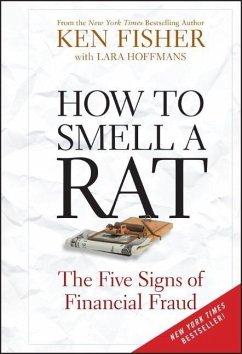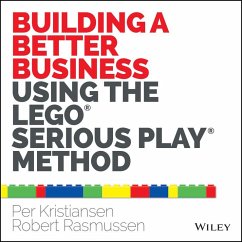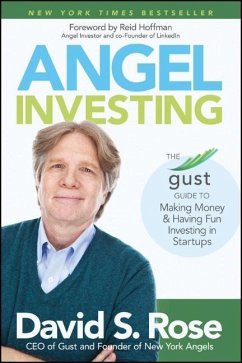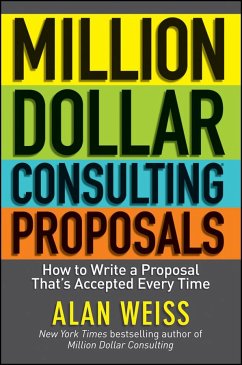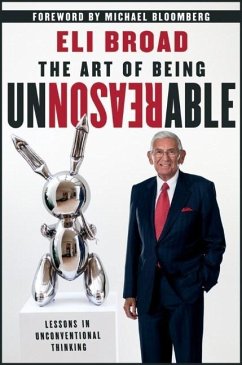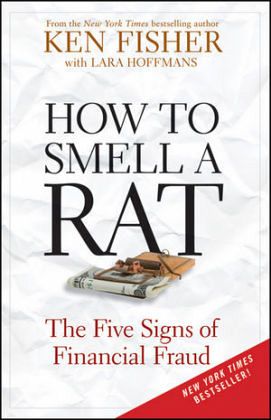
How to Smell a Rat
The Five Signs of Financial Fraud
Versandkostenfrei!
Versandfertig in über 4 Wochen
15,99 €
inkl. MwSt.
Weitere Ausgaben:

PAYBACK Punkte
8 °P sammeln!
A timely guide to uncovering financial fraud2008 and 2009 will be remembered for bear markets, a global credit crunch, and some of the largest investment scams ever. But these scams are nothing new, they've been repeated throughout history, and there will certainly be more to come. But the good news is fraudsters often follow the same basic playbook. Learn the playbook, and know how to ask the right questions, and financial fraud can be easy to detect and simple to avoid.In How to Smell a Rat, trusted financial expert Ken Fisher provides you with an inside's view on how to spot financial disas...
A timely guide to uncovering financial fraud
2008 and 2009 will be remembered for bear markets, a global credit crunch, and some of the largest investment scams ever. But these scams are nothing new, they've been repeated throughout history, and there will certainly be more to come. But the good news is fraudsters often follow the same basic playbook. Learn the playbook, and know how to ask the right questions, and financial fraud can be easy to detect and simple to avoid.
In How to Smell a Rat, trusted financial expert Ken Fisher provides you with an inside's view on how to spot financial disasters before you become a part of them. Filled with in-depth insights and practical advice, this reliable resource takes an engaging look at recent and historic examples of fraudsters, how they operated, and how they can be easily avoided. Fisher also shows you the quick, identifiable features of financial frauds and arms you with the questions to ask when assessing a money manager.
Prepares you to identify and avoid financials cams that could instantly destroy your wealth
Contains examples that highlight how financial frauds are committed
Provides questions everyone should ask before entering any investment endeavor
With How to Smell a Rat as your guide, you'll learn how to protect your interests and assets from unnecessary losses.
2008 and 2009 will be remembered for bear markets, a global credit crunch, and some of the largest investment scams ever. But these scams are nothing new, they've been repeated throughout history, and there will certainly be more to come. But the good news is fraudsters often follow the same basic playbook. Learn the playbook, and know how to ask the right questions, and financial fraud can be easy to detect and simple to avoid.
In How to Smell a Rat, trusted financial expert Ken Fisher provides you with an inside's view on how to spot financial disasters before you become a part of them. Filled with in-depth insights and practical advice, this reliable resource takes an engaging look at recent and historic examples of fraudsters, how they operated, and how they can be easily avoided. Fisher also shows you the quick, identifiable features of financial frauds and arms you with the questions to ask when assessing a money manager.
Prepares you to identify and avoid financials cams that could instantly destroy your wealth
Contains examples that highlight how financial frauds are committed
Provides questions everyone should ask before entering any investment endeavor
With How to Smell a Rat as your guide, you'll learn how to protect your interests and assets from unnecessary losses.




